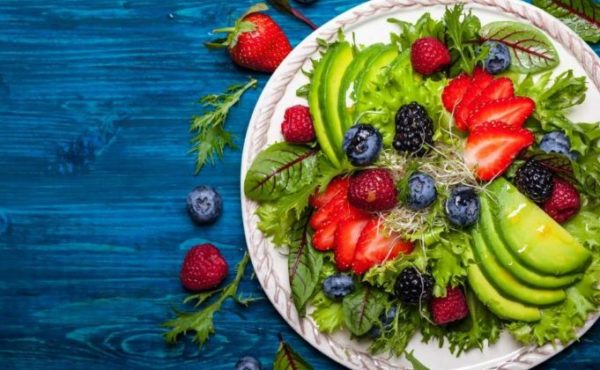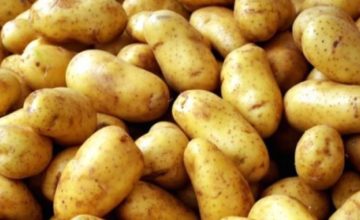
Are you interested in learning about how to live longer or how to age well? If so, you need to start making nutrition a bigger priority.
Your diet can absolutely have an impact on your lifespan and your overall quality of life.
Now, let’s get into the specific nutrients you ought to be focusing on if longevity is a priority. Here are 5 nutrients to start including in your diet:
1. Probiotics and Prebiotics
A healthy gut (or digestive tract) is key to reducing inflammation, strengthening your immune system, managing your mood, and supporting healthy aging.
One of the best ways to improve gut health is by including probiotics and prebiotics in your diet.
Probiotics are beneficial bacteria and yeasts that live in your digestive tract and promote a balanced gut microbiome. Prebiotics, on the other hand, are types of fiber that feed and sustain probiotics.
Both probiotics and prebiotics are essential to a healthy gut.
2. Resveratrol
Reveratrol is a type of polyphenol. Polyphenols are micronutrients found in plants. They contain high concentrations of antioxidants, which makes them particularly beneficial when it comes to reducing inflammation, preventing cell damage, and supporting healthy aging.
When most people think of resveratrol, they think of red wine. It’s true that red wine, as well as other products made from grapes, such as grape juice, contain resveratrol. However, you can also get it from berries and even peanuts.
3. B Vitamins
B vitamins offer a variety of benefits that can slow the aging process, support a healthy brain as you get older, and reduce your risk of heart disease and bone loss.
One of the main reasons B vitamins are so effective is because they help the body to metabolize homocysteine, an amino acid. The B vitamins that are especially beneficial for homocysteine metabolism include:
- Vitamin B6 (pyridoxine)
- Vitamin B9 (folate)
- Vitamin B12 (cobalamin)
You can get B vitamins from a variety of whole foods, including liver (this is one of the most abundant sources of vitamin B12), eggs, and lamb. Legumes, brown rice, nutritional yeast, and dark leafy greens are good plant-based sources of B vitamins, too.
4. Coenzyme Q10
Coenzyme Q10 (also known as CoQ10) is a fat-soluble compound. It occurs naturally in humans’ hearts, livers, and kidneys.
A variety of age-related factors, such as oxidative stress and statin (a cholesterol-lowering drug) use can lower CoQ10 levels. This, in turn, can affect blood sugar regulation and increase your risk of neurodegenerative and cardiovascular diseases.
You can increase your CoQ10 intake by consuming more organ meats (liver, heart, kidneys, etc.) and fish like herring and sardines. Spinach, broccoli, and peanuts are good sources of CoQ10, too.
5. Omega-3 Fatty Acids
Omega-3 fatty acids are a type of long-chain polyunsaturated fatty acid associated with reduced inflammation and better brain and heart health. There are 3 types of omega-3 fatty acids:
- Alpha-linoleic acid (ALA)
- Eicosapentaenoic acid (EPA)
- Docosahexaenoic acid (DHA)
ALA converts to DHA and EPA and can be found in a variety of plant foods, including flaxseeds, chia seeds, and walnuts. However, it’s recommended that humans get most of their omega-3 fatty acids from EPA and DHA since the body can’t always convert ALA efficiently. EPA and DHA are found in fatty fish, including salmon, sardines, and herring.




